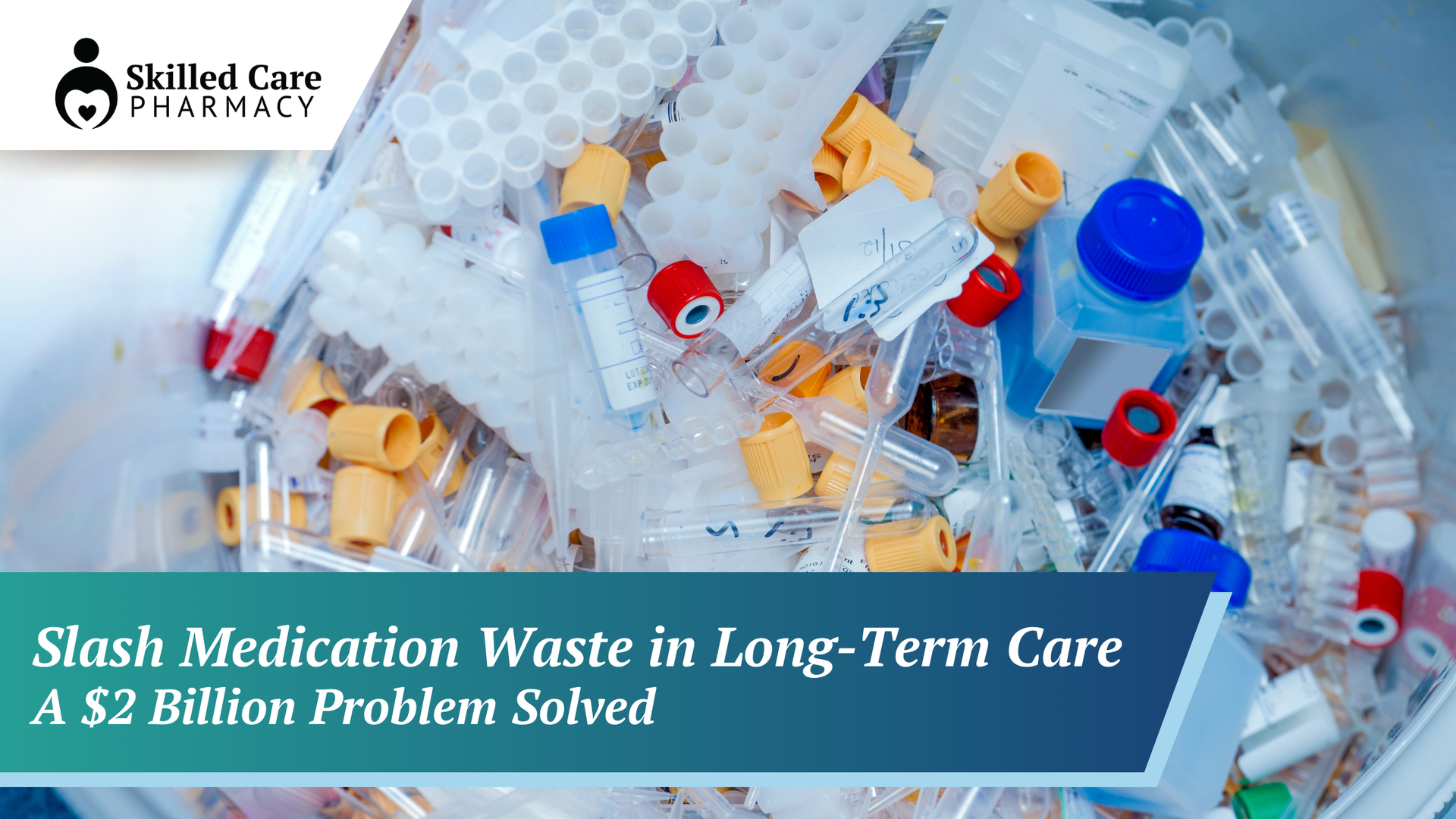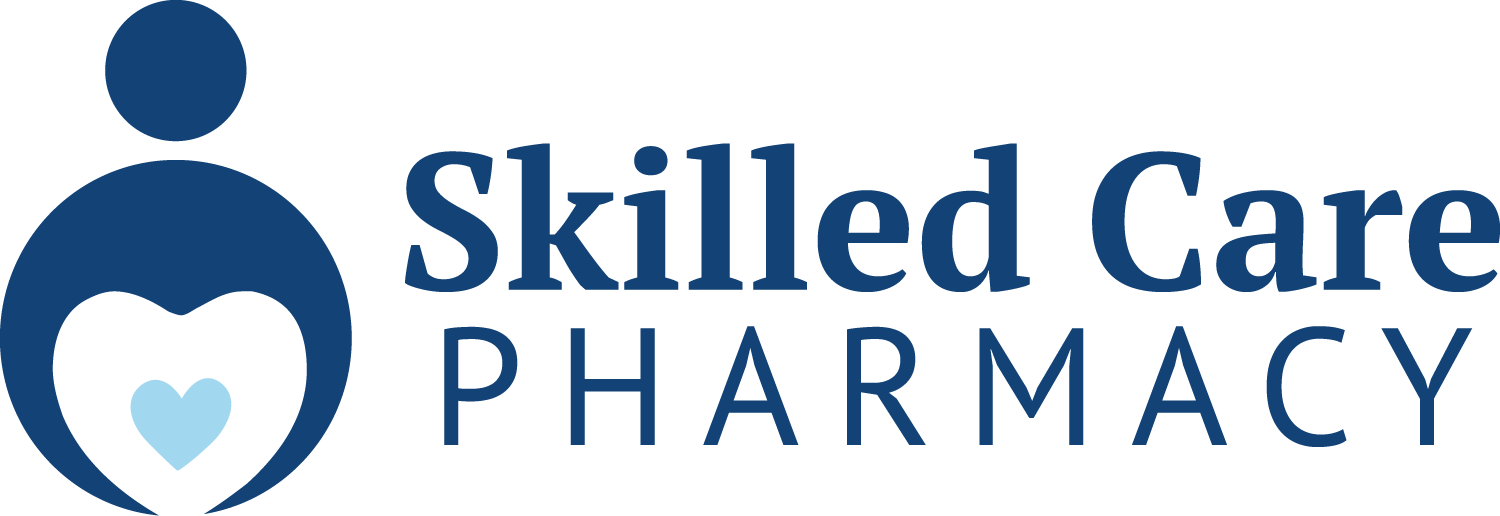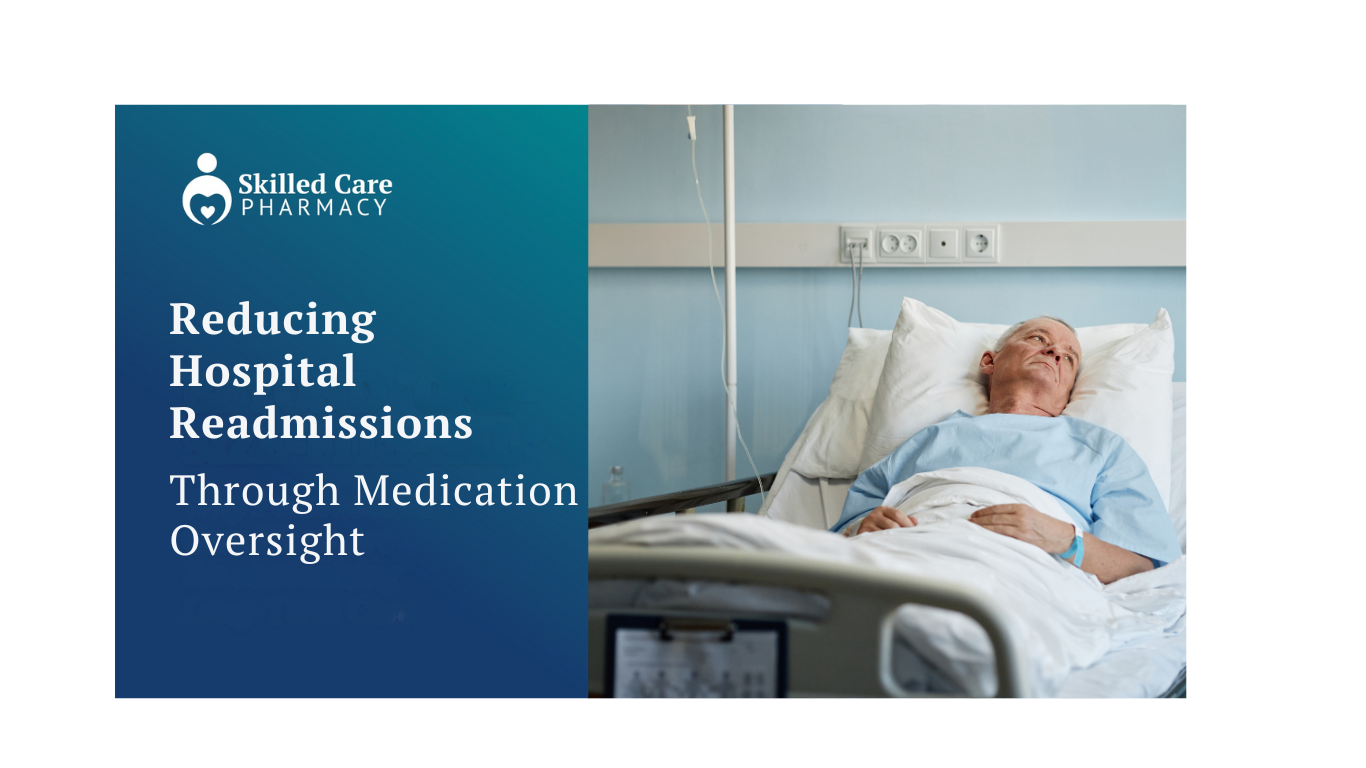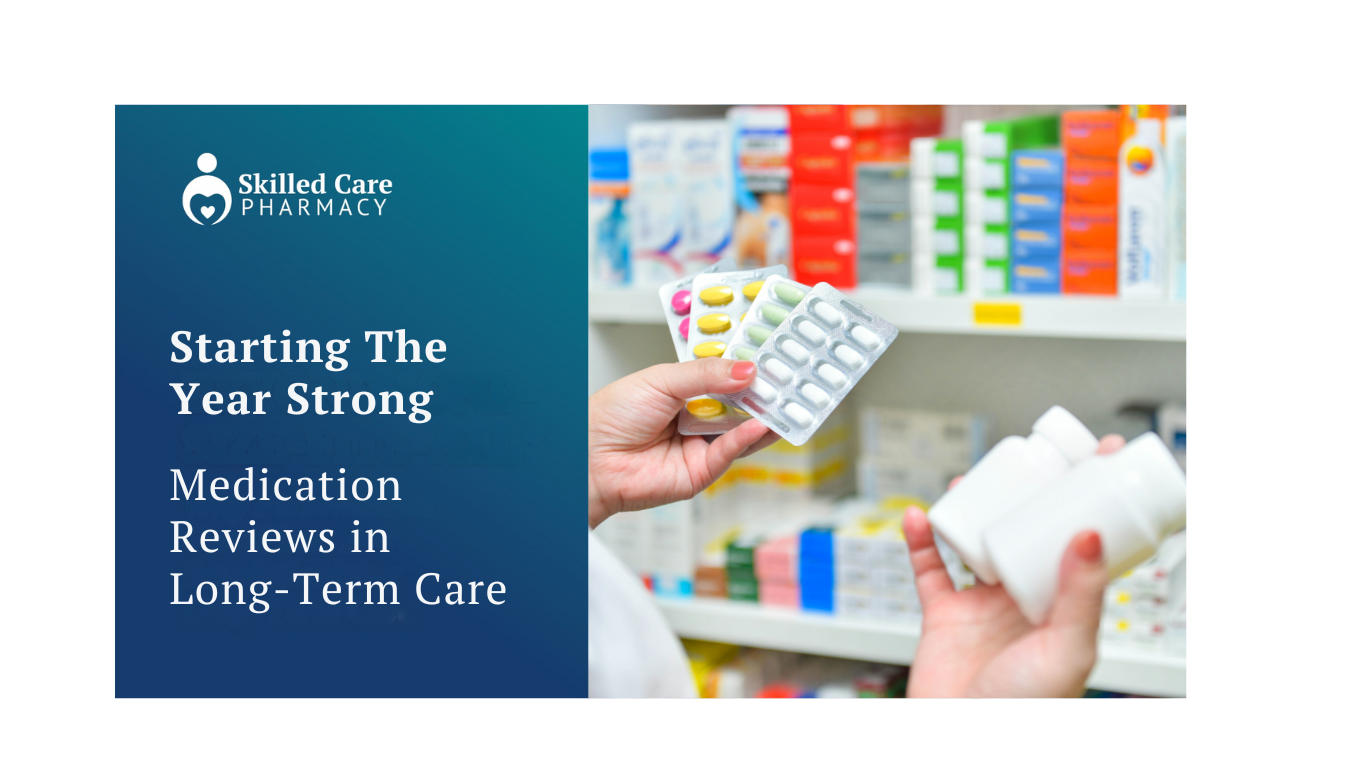Learn how LTC facilities cut medication waste by 30%+ with multi-dose packaging and compliance strategies. Save costs and ensure safety now.

Imagine your facility flushing $30,000 down the drain every month. For many long-term care administrators, this isn’t hypothetical—it’s the harsh reality of medication waste. In 2025, LTC facilities nationwide waste $2 billion annually on expired or unused drugs, while 740 tons of pharmaceuticals seep into our ecosystems. But what if you could reclaim those funds and protect vulnerable residents—and the planet—in one strategic move?
The Silent Drain: Financial and Environmental Costs of Medication Waste
Medication waste isn’t just a line item—it’s a cascading crisis. Consider:
- $125 million in unused medications sit abandoned in Medicare Part D prescriptions yearly.
- A single Colorado facility discards
17.5 tons of reusable drugs annually, totaling $10 million in losses.
- Improper disposal contaminates water supplies, harming aquatic life and risking
40 million Americans’ drinking water.
Beyond budgets, this waste exposes facilities to regulatory penalties. Non-compliance with DEA and EPA rules—like the 2019 ban on flushing hazardous drugs—can trigger fines exceeding $100,000 per incident.
The Solution: 4 Proven Strategies to Stop Waste at the Source
1. Multi-Dose Packaging: Precision Meets Simplicity
Multi-dose systems pre-sort medications into timed, tamper-proof pouches, slashing errors and surplus. Facilities using these systems report:
- 25% reduction in medication waste.
- 90% less staff time spent sorting pills.
- Elimination of cross-contamination risks with sealed, labeled doses.
Skilled Care Pharmacy’s Dispill®-USA Multi-Dose Packaging integrates real-time tracking, ensuring discontinued drugs are flagged before dispensing—reducing reverse distribution costs by $18,400 annually.
2. Automated Dispensing: Tech-Driven Accountability
Automated cabinets with biometric access cut human error by 80%. One Midwest nursing home reduced critical medication delays by 75% using real-time inventory alerts, while eMAR systems trim administrative tasks by 50%.
3. Smarter Purchasing & Stock Rotation
Adopting “trial prescriptions” for high-discontinuation drugs and buying smaller vial sizes (e.g., 15mL lidocaine vs. 50mL) reduced waste by 68% in a Marshfield Clinic pilot. Regular inventory reviews and redistributing short-dated drugs to high-use departments prevent 30% of expirations.
4. Staff Training: Your First Line of Defense
Facilities investing in DEA/EPA compliance training saw audit prep time halved. Skilled Care’s workshops empower teams to:
- Identify hazardous vs. non-hazardous waste under EPA guidelines.
- Execute DEA-compliant disposal within
3 business days of discontinuation.
The Ripple Effect: Cost Savings Meet Regulatory Safety
When Sunrise Senior Living adopted these strategies, they unlocked:
- $682 annual savings per resident via redispensing programs.
- 30% lower medication costs through generic-first policies.
- Zero non-compliance fines since 2023.
For the environment, proper disposal via take-back programs curbs pharmaceutical pollution—84% of waterways showed reduced drug residues post-implementation.
Skilled Care Pharmacy: Your Partner in Waste-Free Care
For 40+ years, we’ve helped LTC facilities:
- Cut waste by 30% with tailored multi-dose systems.
- Navigate DEA/EPA regulations seamlessly.
- Reclaim
$26,640 annually in reverse distribution savings.
Our Medication Waste Risk Assessment pinpoints your facility’s leaks—from overstocked inventories to outdated disposal protocols.
Turn Waste into Wins: Your Next Steps
Why let unused medications drain your budget and reputation? Act now:
- Audit your current waste streams.
- Train staff on EPA/DOT compliance.
- Implement multi-dose or automated systems.
Get a Free Quote from Skilled Care Pharmacy and join facilities saving millions while safeguarding our planet.
Every dose saved is a step toward sustainable care—and a healthier bottom line.




